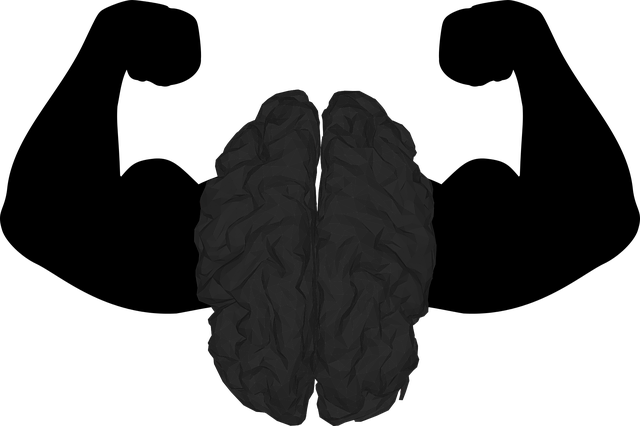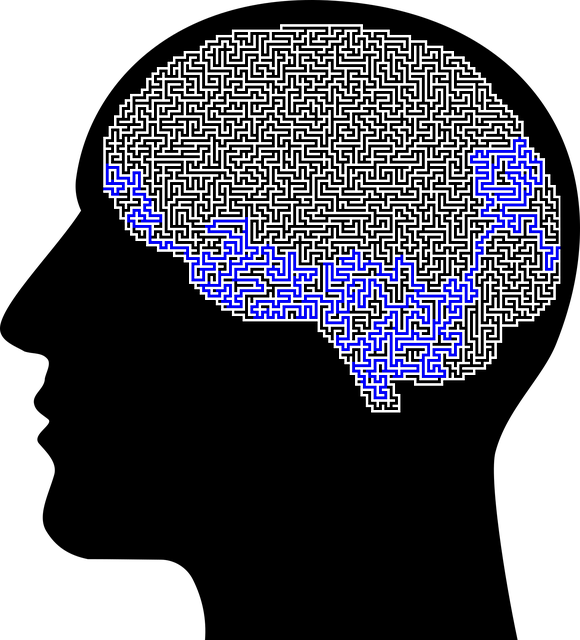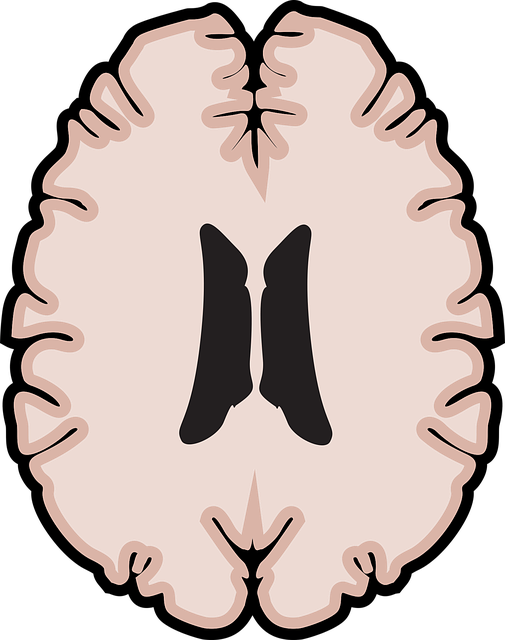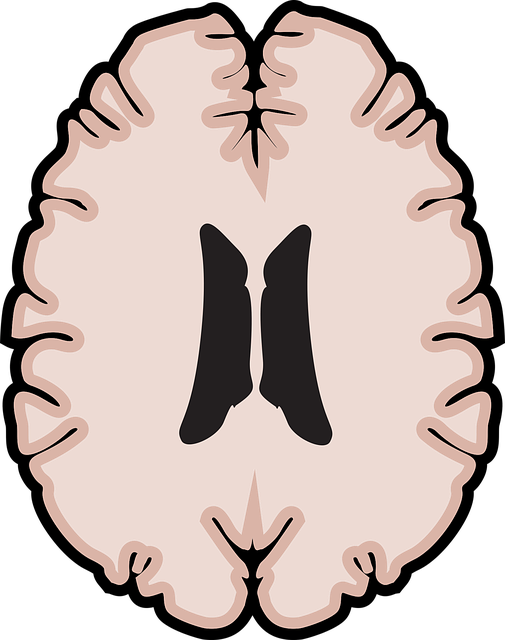Adult Oppositional Defiance Disorder (ODD) is a mental health challenge characterized by persistent angry, irritable behavior and defiance. Diagnosed through professional evaluation, ODD significantly impacts daily life. Effective management includes self-care, mood techniques, communication skills training, and CBT. High-quality podcast audio featuring therapy for adults with ODD requires quality equipment, sound design, and editing. Marketing success involves leveraging digital platforms, creating compelling content, collaborating with influencers, and engaging listeners through interactive features. Target keywords like "Therapy for Adults Oppositional Defiance Disorder" for optimal search visibility.
Unleash the power of mental wellness podcasts to educate and inspire! If you’re considering producing a series focused on Adult Oppositional Defiance Disorder (ODD), this guide is your compass. From unraveling ODD’s intricate web—its symptoms, diagnosis, and unique challenges—to exploring therapeutic interventions that offer hope, we delve into effective strategies. Learn how to craft compelling podcast content, master audio production techniques, and strategically market your show to reach a wider audience seeking therapy for adults with ODD.
- Understanding Adult Oppositional Defiance Disorder: Symptoms and Diagnosis
- The Role of Therapy in Managing ODD: Effective Approaches
- Creating Engaging Podcast Content for Mental Wellness
- Producing High-Quality Audio: Tips for Sound Design and Editing
- Marketing and Distributing Your Podcast Series for Maximum Reach
Understanding Adult Oppositional Defiance Disorder: Symptoms and Diagnosis

Adult Oppositional Defiance Disorder (ODD) is a mental health condition characterized by a persistent pattern of angry and irritable behaviour, defiant attitude, and refusal to comply with rules or requests from authority figures. This can significantly impact daily functioning, relationships, and overall well-being. Recognizing the symptoms is the first step towards understanding ODD. Individuals with this disorder often display frequent arguments with figures in authority, actively defying or refusing to comply with requests or rules, losing temper easily, and being loath to cooperate with others. They may also be vindictive, talking back, and annoyed easily.
Diagnosis typically involves a comprehensive evaluation by a qualified mental health professional. This process includes a detailed assessment of symptoms, their duration, frequency, and impact on daily life. Self-Care Routine Development for Better Mental Health can play a crucial role in managing ODD. Strategies such as Mood Management techniques and effective Communication Strategies can help individuals with ODD improve their interactions, reduce conflicts, and foster healthier relationships. Therapy for Adults Oppositional Defiance Disorder often involves cognitive-behavioural therapy (CBT), which helps individuals identify and change negative thought patterns and behaviours.
The Role of Therapy in Managing ODD: Effective Approaches

Odd (Oppositional Defiance Disorder) is a behavioral condition often characterized by frequent anger, argumentativeness, and defiant behavior. While commonly associated with children, ODD can also persist into adulthood. Therapy plays a pivotal role in managing adult ODD, offering effective approaches to address underlying issues and improve overall mental wellness. Cognitive-behavioral therapy (CBT) is one such evidence-based method that helps individuals identify and modify negative thought patterns and behaviors. This approach empowers adults with ODD to develop healthier coping strategies, enhance their problem-solving skills, and reduce impulsive actions.
In addition to CBT, other therapeutic interventions like dialectical behavior therapy (DBT) and mindfulness practices have proven beneficial for stress management and burnout prevention in adults with ODD. These therapies teach individuals how to regulate emotions, improve interpersonal effectiveness, and cultivate a sense of balance amidst challenging situations. By integrating these effective approaches into their treatment plans, mental health professionals can significantly support adults struggling with ODD, fostering better mental health outcomes and advocating for informed Mental Health Policy analysis.
Creating Engaging Podcast Content for Mental Wellness

Creating engaging podcast content for mental wellness involves exploring a wide range of topics that resonate with listeners’ needs and interests. One effective strategy is to delve into specific challenges, such as therapy for adults with Oppositional Defiance Disorder (ODD), offering insights and practical tips on managing symptoms and improving quality of life. By providing expert interviews, case studies, and personal narratives, podcasts can humanize complex issues, fostering understanding and empathy among listeners.
Incorporating themes like social skills training and resilience building is crucial for comprehensive mental wellness content. Discussions on enhancing communication, navigating relationships, and cultivating coping mechanisms not only empower individuals but also enrich the podcast’s appeal. Engaging formats, such as interactive segments, listener questions, and actionable takeaways, ensure that each episode leaves a lasting impact, encouraging listeners to actively participate in their mental health journey.
Producing High-Quality Audio: Tips for Sound Design and Editing

High-quality audio is paramount for a successful mental wellness podcast series. Invest in good microphones and ensure they are properly positioned to capture clear sound with minimal background noise. Sound design involves more than just recording; it includes creating an immersive experience through thoughtful music selection, sound effects, and editing techniques. Use ambient sounds or gentle instrumental tracks to enhance storytelling without overpowering the narration.
Editing plays a crucial role in refining your audio. Remove unwanted pauses, background noises, and repetitive segments during post-production. Utilize noise reduction tools to minimize hissing or crackling sounds. Balance levels and frequencies for optimal listenability on various devices. Consider adding intros, outros, and transitions to enhance the overall flow and professional appeal of your podcast episodes, especially when addressing topics like therapy for adults with Oppositional Defiance Disorder, anxiety relief, self-care practices, and stress management.
Marketing and Distributing Your Podcast Series for Maximum Reach

After producing your mental wellness podcast series, the next crucial step is marketing and distributing it effectively to reach a wider audience. This involves leveraging various digital platforms to maximize exposure and engagement. Start by creating compelling content that resonates with your target demographic—in this case, individuals seeking therapy for adults with oppositional defiance disorder (ODD) and related mental health concerns. Share practical tips, expert interviews, and personal stories that offer insights and guidance on managing ODD symptoms and enhancing overall mental wellness.
Utilize social media platforms, email newsletters, and relevant online communities to promote your podcast series. Collaborate with influencers or established mental health organizations to expand your reach. Additionally, consider incorporating risk management planning for mental health professionals into your content, ensuring you provide valuable resources that cater to both listeners’ personal growth and the safety of those offering therapy. Engage listeners through interactive features like polls, surveys, and discussion forums to foster a sense of community around your podcast series. Incorporate mental wellness journaling exercise guidance in each episode to encourage self-reflection and continuous learning. Boost listener confidence by acknowledging their journey and providing actionable steps for personal development.
In conclusion, producing a mental wellness podcast series on Adult Oppositional Defiance Disorder (ODD) involves a blend of informative content and high-quality audio production. By understanding the symptoms and diagnosis of ODD, incorporating effective therapy approaches, and leveraging sound design and editing techniques, you can create engaging episodes that resonate with listeners. Effective marketing and distribution strategies ensure your podcast reaches a wide audience, fostering open conversations about mental health and offering valuable insights into therapy for adults with ODD.














